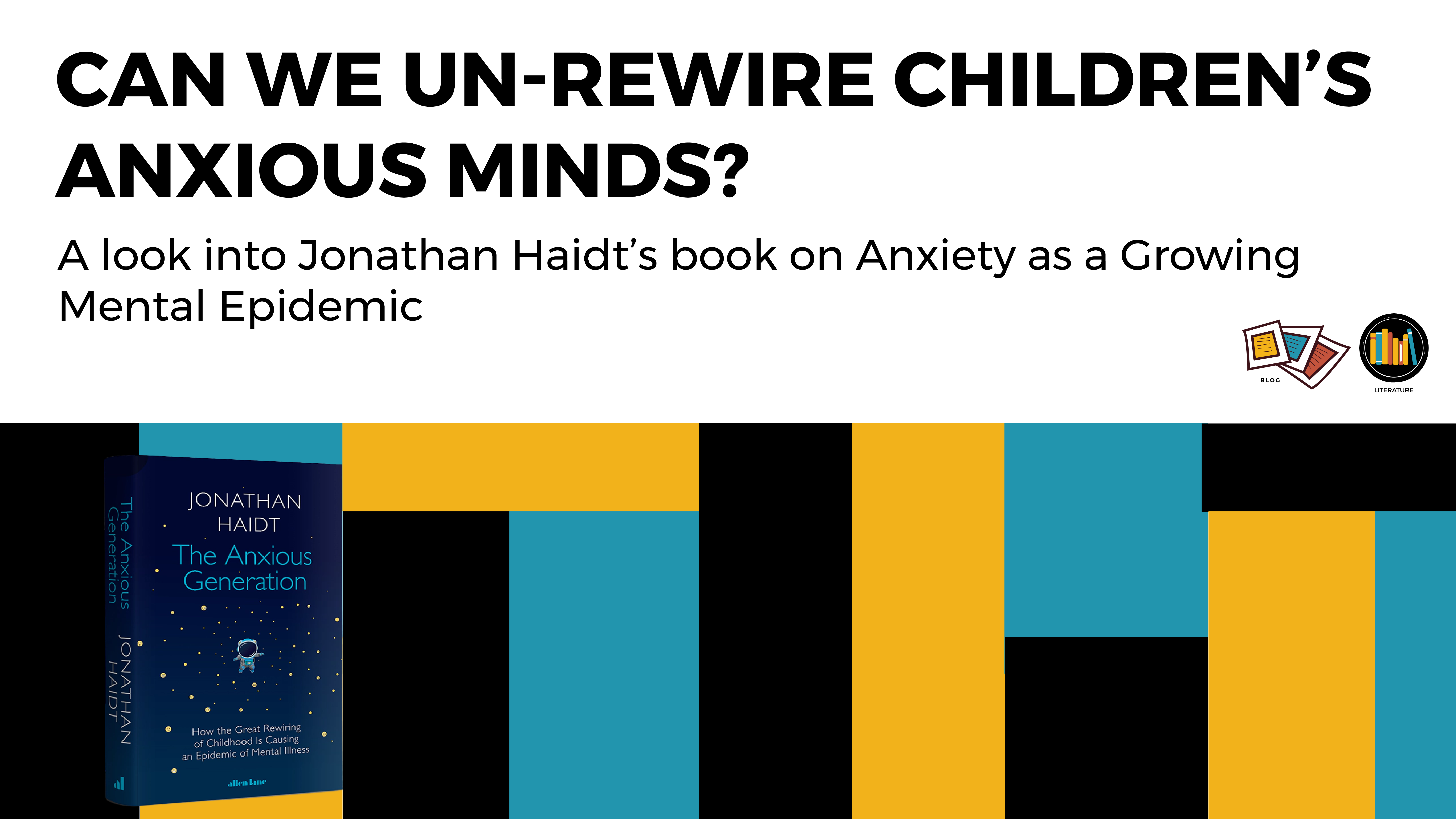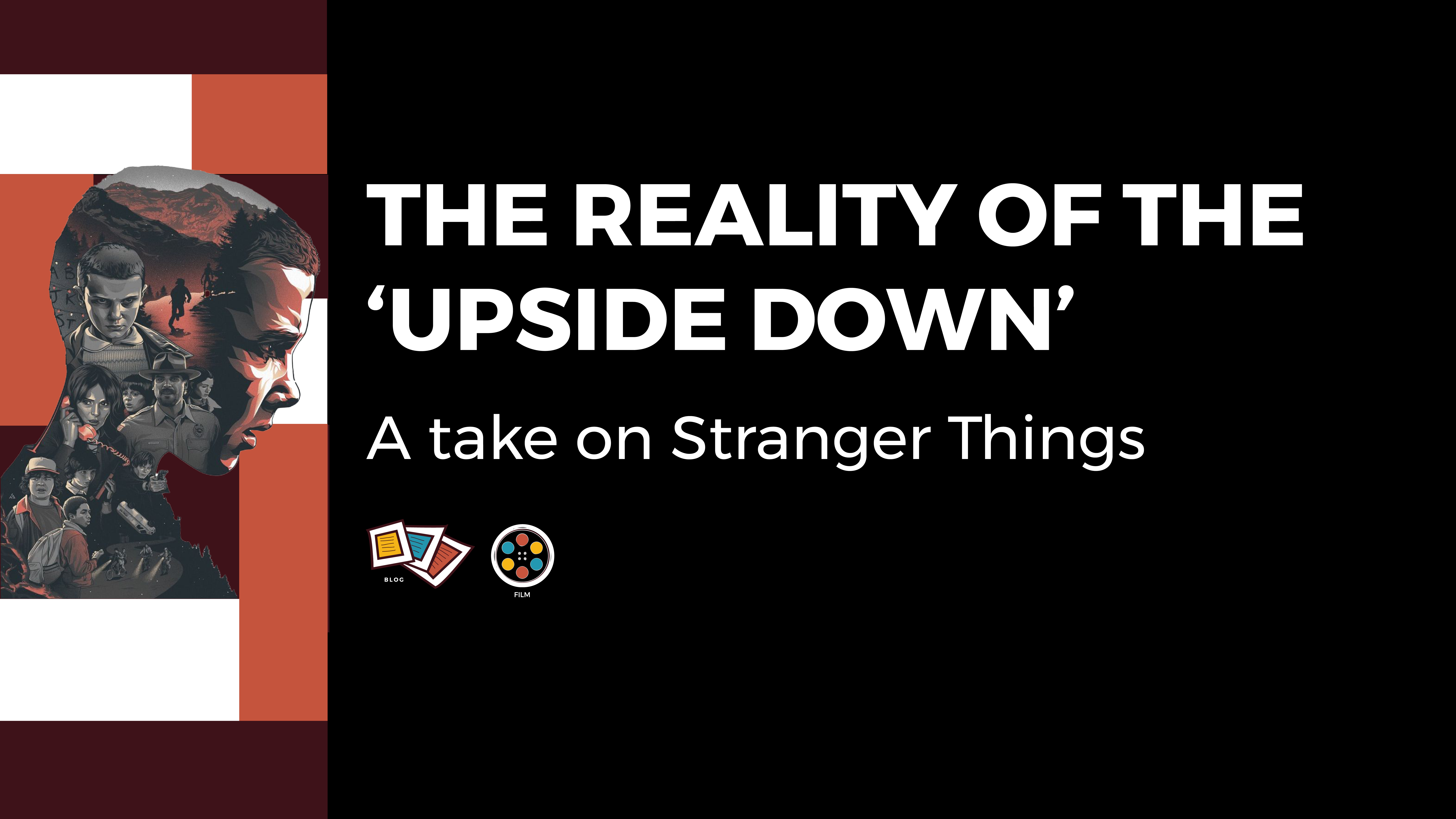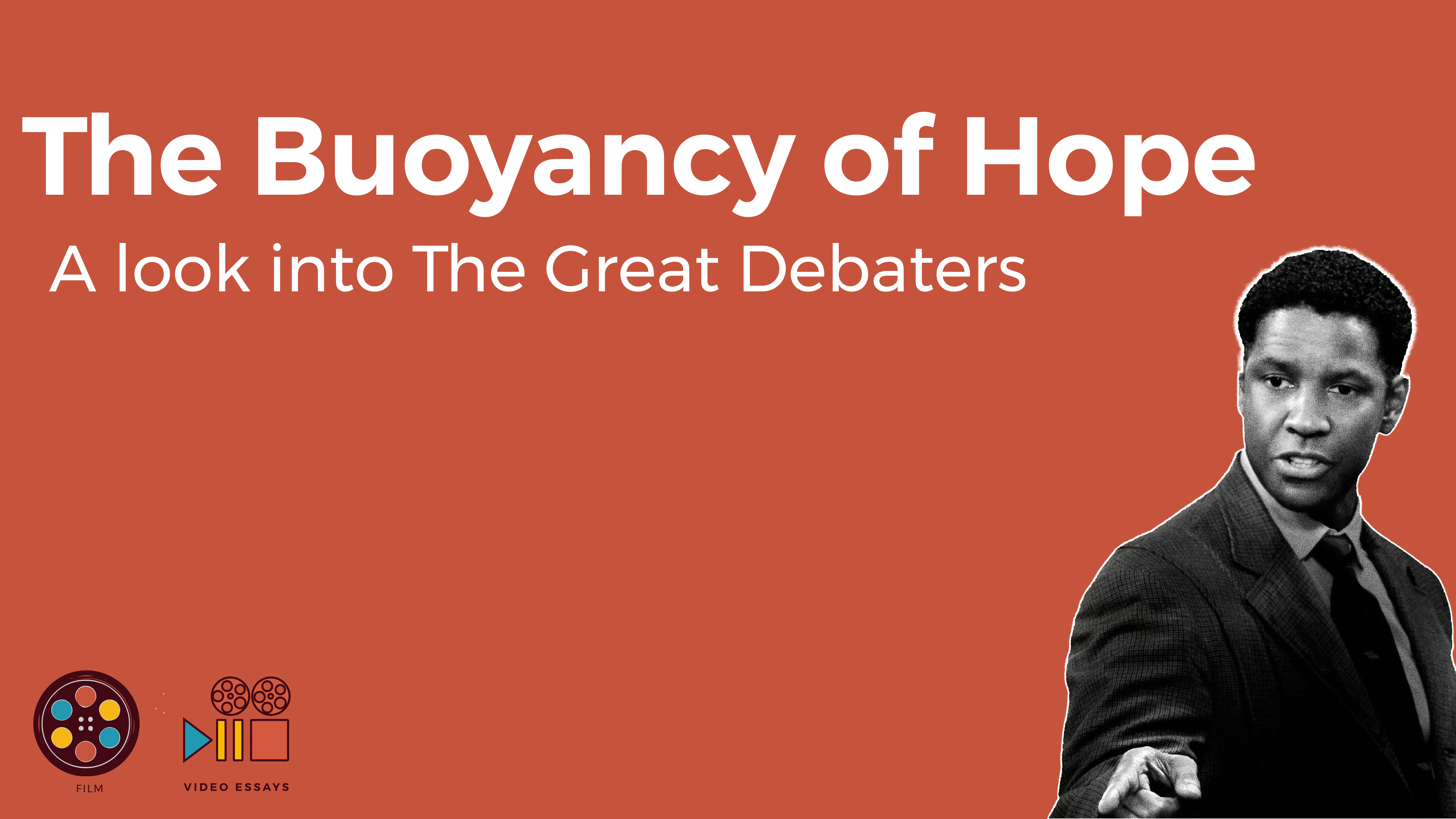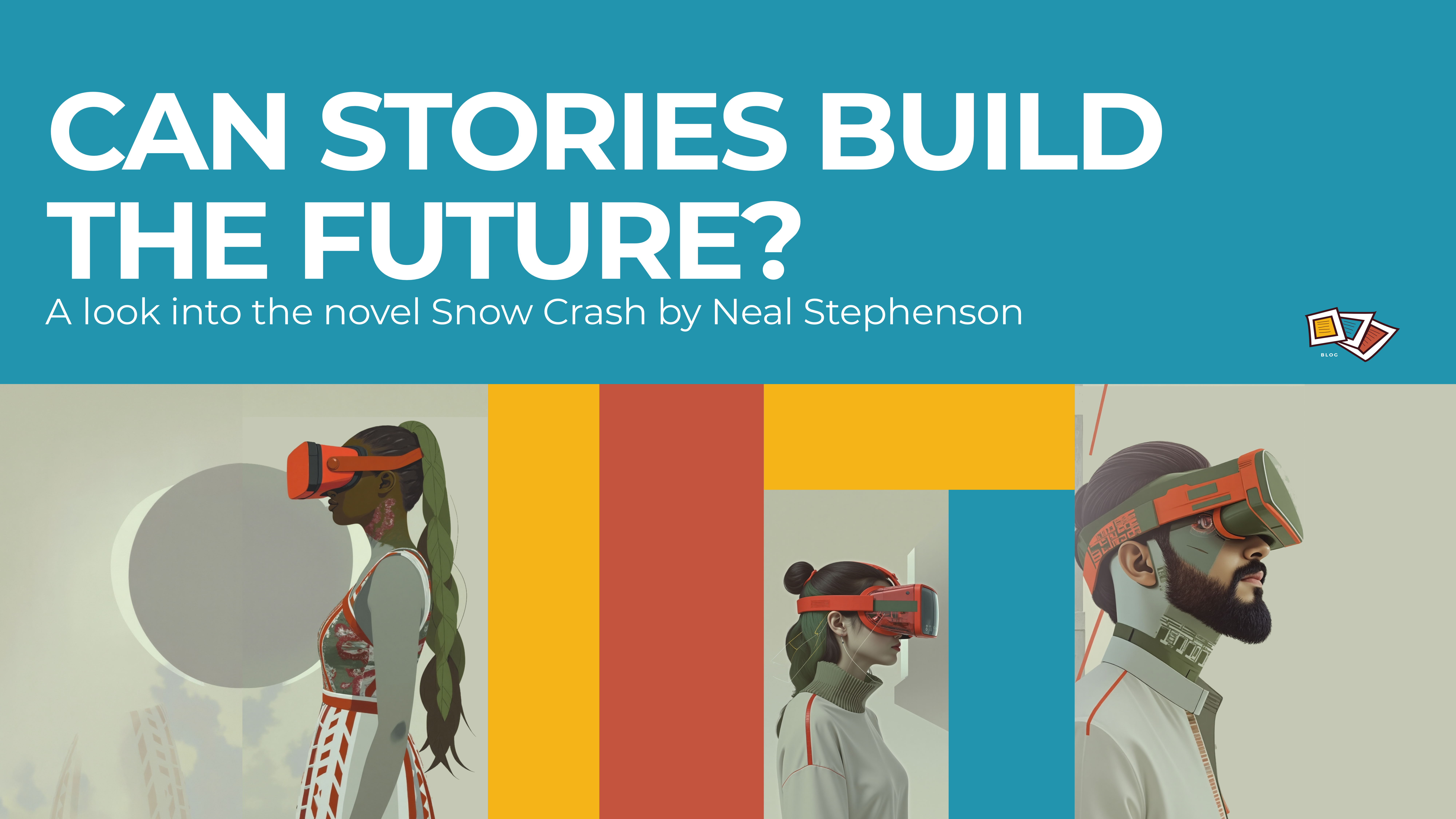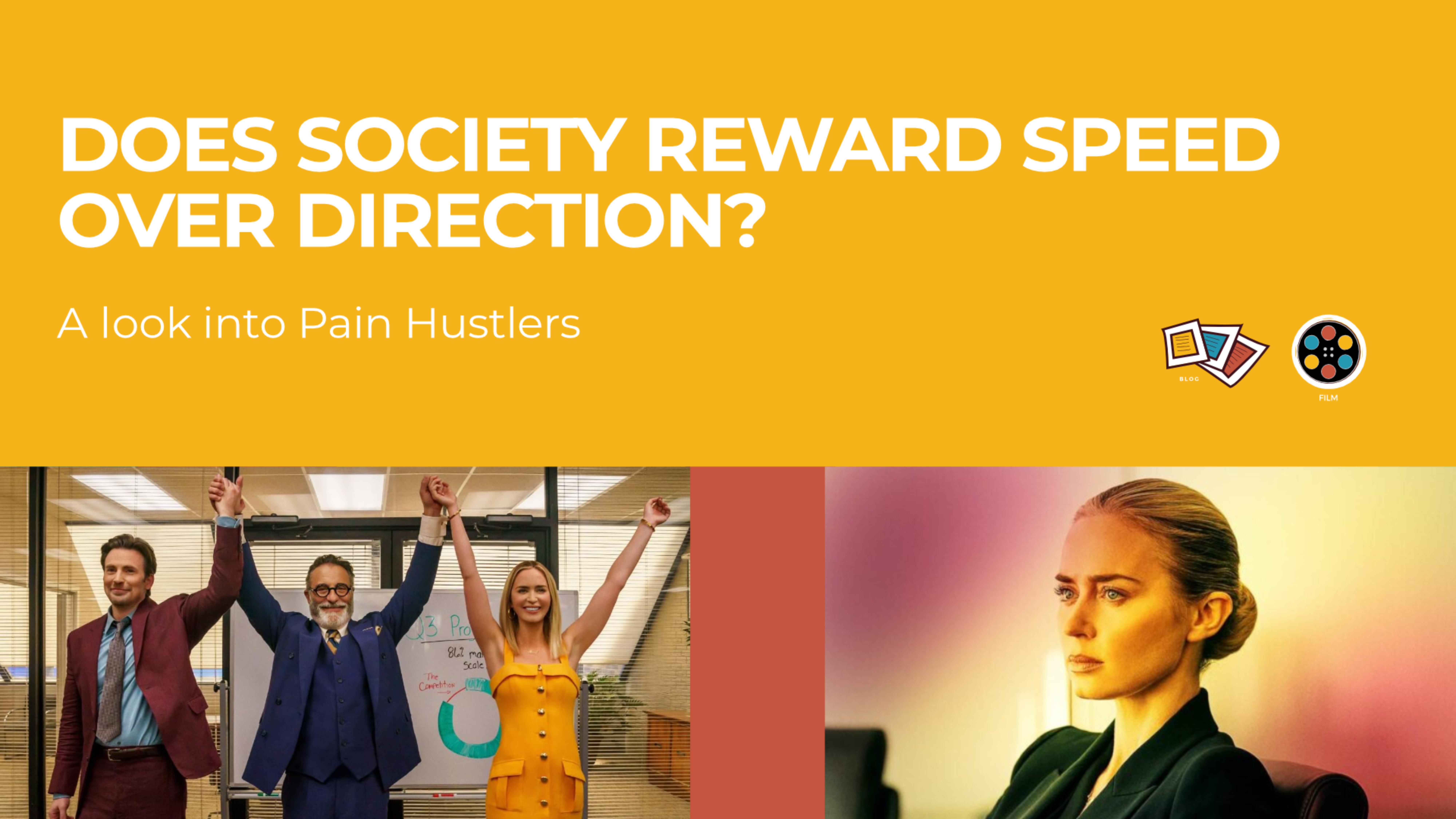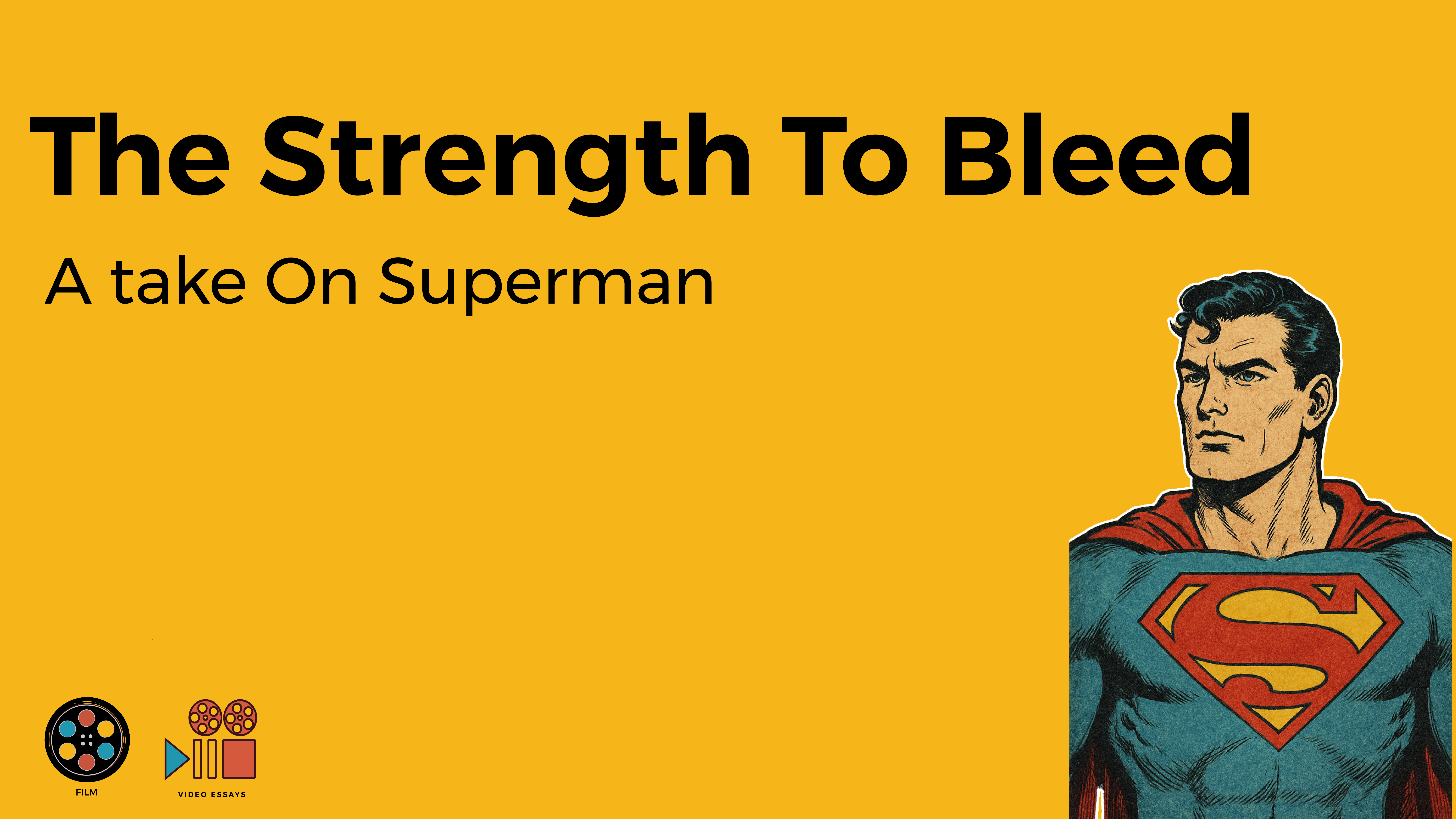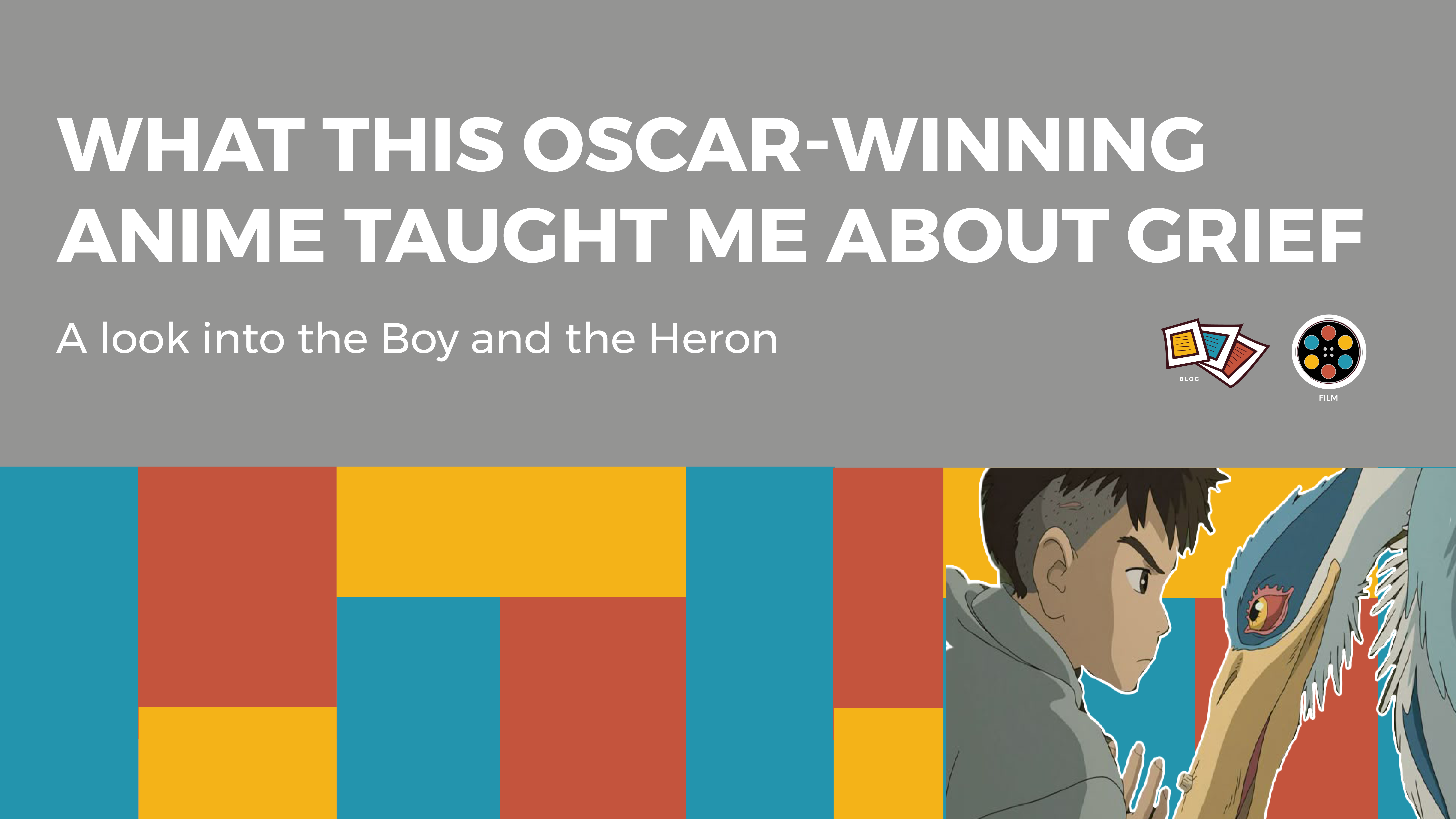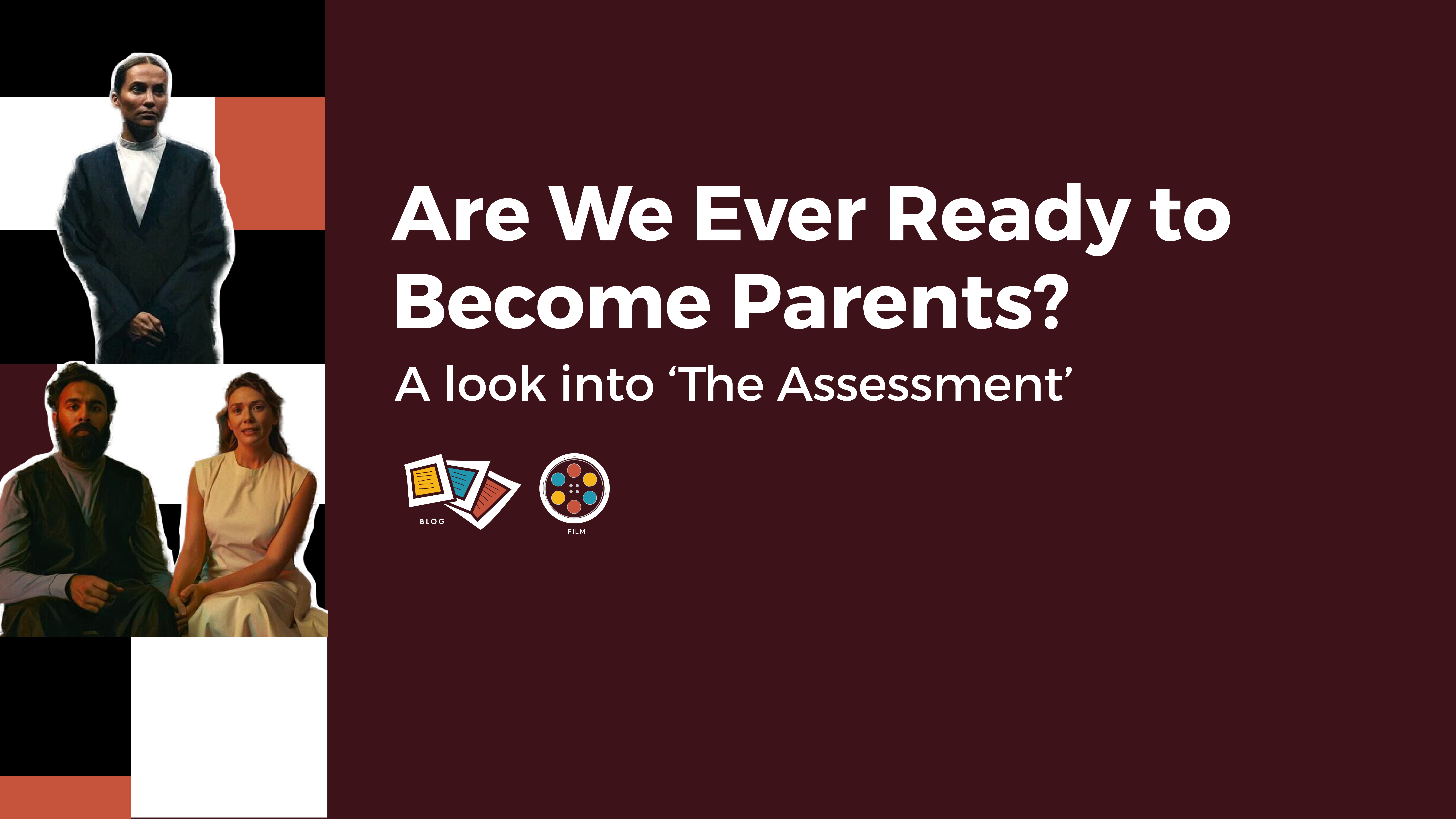
Of all the big decisions in life, the one most people assume is natural—having children—is perhaps the one we’re least prepared for. Not just practically, but emotionally. Especially in South Asian cultures, where parenting is less of a personal decision and more of a milestone everyone expects you to reach. You grow up, get a job, get married, have children. It’s often not even questioned. There’s a cultural weight to becoming a parent—of making your parents proud, fulfilling your duty, carrying on the family name. But is ticking off those boxes the same thing as being ready?
The Assessment, starring Alicia Vikander, Elizabeth Olsen, and Himesh Patel, leans into this question with an unnerving honesty: Are we ever truly ready to become parents?
Set in a future where climate change has forced governments to strictly control who gets to have children, the film follows Mia and Aaryan, a couple deeply in love, undergoing a seven-day government evaluation to determine if they’re fit to raise a child.
The evaluator, Virginia, doesn’t simply observe them—she becomes the child they have to parent. She sticks herself into their lives, plucking the sensitive strings of their relationship, their motivations, and their own pain. She exhibits behaviors, typical of a child, ranging from tantrums to inquisitive questioning, forcing Mia and Aaryan to respond as they would to their own offspring. She misbehaves in front of the guests at a dinner party, refuses to eat food, damages their property. At first glance, it might seem like Mia and Aaryan are failing the test. They are unable to understand, manage or discipline her. The experience leads them to think that they are not ready, worse still that they will be bad parents.
But if one thinks deeper, parenting doesn’t usually begin this way. It doesn’t begin with a fully grown “child” suddenly appearing in your life with all the emotional needs and behaviors of someone you never had the chance to raise. Real parenting is a journey—one that shapes you as much as you shape the child. In the natural arc of parenting, adults grow alongside their children. They learn boundaries together. Parents stumble, course-correct, and mature emotionally and morally while guiding their child through early developmental stages. But Virginia disrupts this process by embodying a child in the later stages—without giving Mia and Aaryan the foundational years to grow into their roles. It’s like asking someone to perform a symphony without ever having learned to play the instrument. So, what looks like failure is actually a distortion of the parenting timeline. And perhaps that’s part of the brilliance—and cruelty—of the assessment.
Sociologists have studied the readiness question from various angles, and most agree that it isn’t just about age or income or even stability in the way we usually define it. It’s about emotional capacity. It is a willingness to share my time, my space and my life. How much we know ourselves. How open and willing we are to allow someone else to invade into our lives and shape our dreams and desires. And more than anything, it’s about whether we’re willing to change and grow. This often means being willing to unlearn, relearn and often die to ourselves. Because parenting is not a fixed skillset. It’s a lifelong journey of becoming—both for the parent and for the child.
That’s what The Assessment is able to communicate so movingly. Mia and Aaryan’s love is real, but it’s layered with wounds and fears they’ve never spoken aloud. The assessment forces those to the surface: Why do they want a child? Is it to feel complete? To fix something broken? To prove something to the world—or to themselves? Their reasons aren’t wrong, just human. But the film makes it clear: a child can’t be the answer to our griefs or longings. They’re not a salve. They’re not a trophy. They’re not a do-over of our own lives. They are entirely themselves—messy, unpredictable, unique.
We often look at other parents or children and think, I could never handle that, or I’d be great at that. But that may never determine if we are ready or not. Parenting is never in a vacuum. It’s always a combination of our own personality, our circumstances, our values, our wounds, our hopes and the child’s unique personality, temperament and response to how we parent.
Because in the end, parenting isn’t just about having the resources to raise a child. It’s about being willing to be enter the process of becoming someone new too. We’ll face our own upbringing all over again. We’ll notice the voices of our parents in our own voice. We’ll realize we have triggers and blind spots we didn’t even know existed. That’s what makes it beautiful and terrifying. We’re not just molding a person like clay—we’re walking beside them as they unfold. And as they do, we’re unfolding too. We will get things wrong. We’ll say the wrong thing. We’ll raise our voice. But we’ll also laugh harder than we ever have, and feel love that aches in our chest. And when we’re willing to learn from those moments—not deny them, not excuse them, but grow—that’s when parenting becomes something holy and transformative. That’s when we are becoming parents.
So, are we ever ready? Maybe not in the way we think. But that’s not the point. The point is that parenting isn’t about being perfect on day one. It’s about showing up—honestly, vulnerably, consistently. And allowing the relationship with your child to change you. The Assessment may be set in a dystopian future, but the heart of it is painfully present. None of us is ever really “ready.” The healthiest parents are not the most prepared—they’re the most willing. Willing to be wrong. Willing to say sorry. Willing to break cycles. Willing to keep going.
_________________________________________
Written by Joshua George

